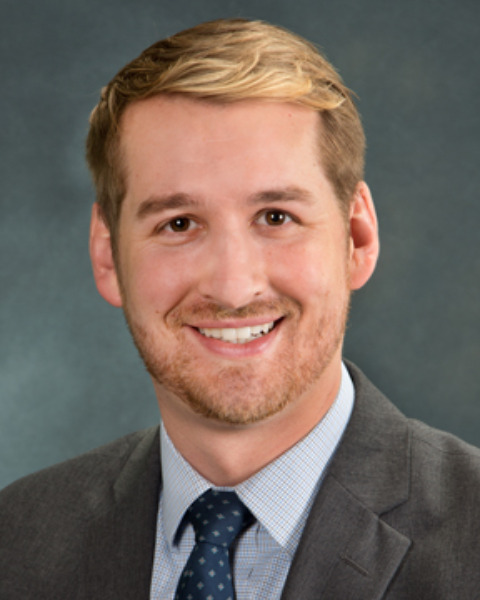Children with Chronic Conditions
Children with Chronic Conditions 1
722 - Processes that Support Adaptation for Caregivers of Children with Medical Complexity: A Qualitative Study
Friday, April 28, 2023
5:15 PM - 7:15 PM ET
Poster Number: 722
Publication Number: 722.105
Publication Number: 722.105
Nathaniel D. Bayer, Golisano Children's Hospital at The University of Rochester Medical Center, Rochester, NY, United States; Kathleen Krieg, University of Rochester School of Medicine and Dentistry, Rochester, NY, United States; Maria D. Favella, University of Rochester School of Medicine and Dentistry, San Antonio, TX, United States; Reza Yousefi Nooraie, University of Rochester School of Medicine and Dentistry, Rochester, NY, United States; Suzannah Iadarola, University of Rochester School of Medicine and Dentistry, Rochester, NY, United States; Thomas G. O'Connor, University of Rochester School of Medicine and Dentistry, Rochester, NY, United States; Dennis Kuo, University of Rochester School of Medicine and Dentistry, Rochester, NY, United States

Nathaniel D. Bayer, MD (he/him/his)
Assistant Professor of Pediatrics
Golisano Children's Hospital at The University of Rochester Medical Center
Rochester, New York, United States
Presenting Author(s)
Background: Children with medical complexity (CMC) depend on their caregivers to provide intensive medical care as part of their parental role. There is a gap in understanding how caregivers of CMC adapt to balancing caregiving of their child while meeting their own emotional wellbeing needs.
Objective: This study aims to identify processes that support adaptation for caregivers of CMC. Our purpose was to produce findings that will inform development of interventions to better support caregivers.
Design/Methods: We conducted semi-structured interviews with caregivers of CMC from our institution’s complex care service at an urban, academic children’s hospital. Eligibility criteria included: caregivers >18 years old, English-speaking, and caring for children aged 1 to 18 years old. Participants were identified through electronic health record registries, enrolled over telephone, and interviews were conducted over a video-conferencing platform. Guided by the model of adjustment to pediatric chronic disorders, we probed caregivers to identify modifiable processes that would most enhance their adaptation and abilities to support their child’s health. We audio-recorded, transcribed, and assigned process and in vivo codes to the transcripts using qualitative coding software (MAXQDA). We conducted interpretive analysis to identify themes using a modified grounded theory approach, which were confirmed through group consensus. We processed themes through triangulation with our institution’s family advisory council to further validate our findings.
Results: We interviewed 14 caregivers, 11 mothers and 3 fathers during June to August 2021. All participants were caregivers of children with neurologic impairment and technology dependence (e.g. feeding tube, tracheostomy, etc.). Our analysis yielded three themes of processes that support adaptation for CMC caregivers as shown in Table 1, along with sub-themes and illustrative quotes. Main themes included: Theme 1) Finding meaning in the caregiving experience helps caregivers adapt to their role; Theme 2) Organizing a practical system to provide direct care to the child enhances the process of caregiver adaptation; and Theme 3) Coping with stress enables effective caregiver adaptation.
Conclusion(s): This study suggests emotional and practical processes that support CMC caregivers in adapting to their caregiving role. We hope our findings will inform development of interventions to better support CMC caregivers. We would consider focusing improvement efforts to enhance caregiver emotional processing of their role, developing a practical caregiving system, and coping with stress.
.png)
